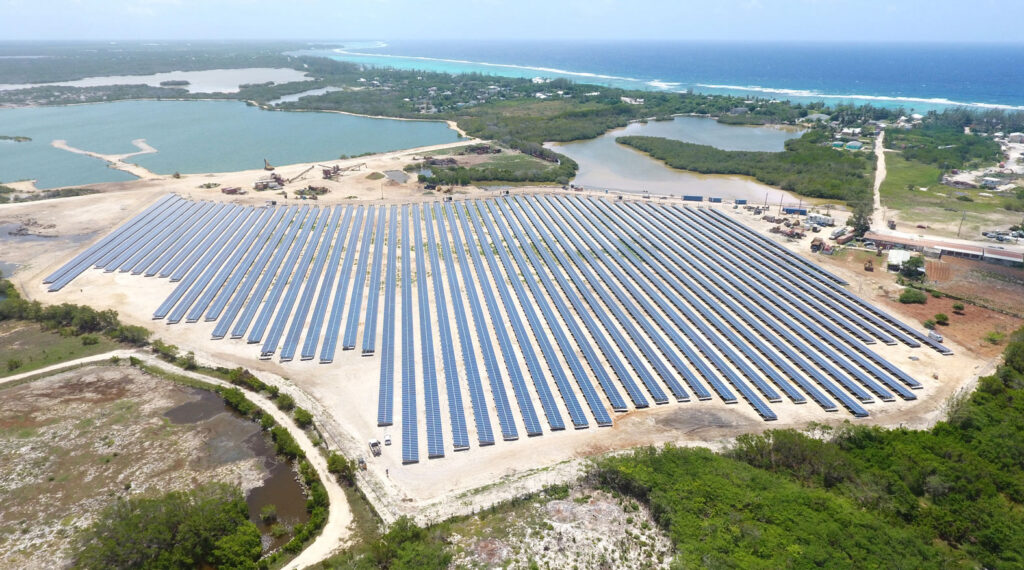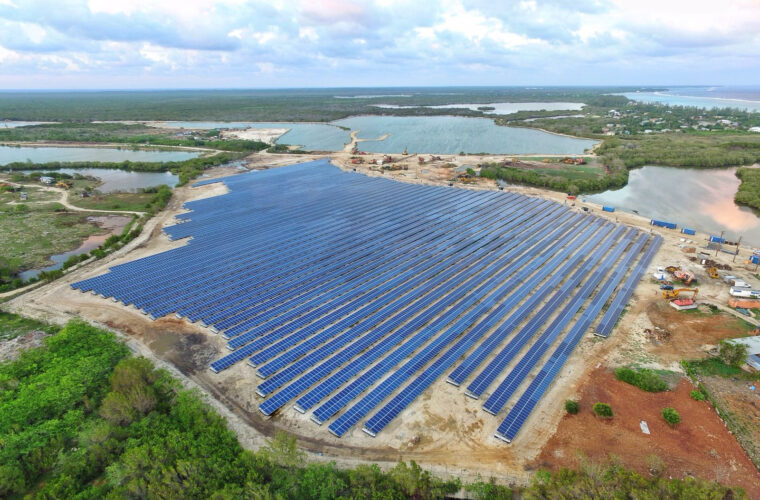James Whittaker, the president of the Cayman Renewable Energy Association (CREA), has welcomed the recent enhancements to CUC’s Consumer Owned Renewable Energy (CORE) program. Following OfReg’s announcement to increase the rates paid to domestic renewable energy producers, Whittaker highlights the significance of these changes while contesting CUC’s assertions about potential increases in bills for non-CORE customers.
Positive Changes for Renewable Energy
Whittaker, a noted industry expert, has long advocated for higher rates and a comprehensive overhaul of the system, noting Cayman’s gradual shift toward greener energy solutions. He remarked, “It is evident that the current leadership at OfReg is committed to advancing solar energy in a way that prioritizes the interests of consumers.”
With the new provisions for self-consumption in the National Energy Policy, these adjustments to the CORE program are set to enhance the solar energy landscape in the Cayman Islands as they approach 2025. However, Whittaker acknowledged that significant work remains. CREA is eager to collaborate further with OfReg to expedite the development and adoption of renewable energy across the islands.
CUC’s Concerns
Since the announcement, CUC has expressed concerns about the higher rates, warning that the increase paid to CORE customers could lead to a rise in costs for other consumers. CUC maintains that utility-scale renewable energy is essential for reducing costs and increasing green energy on the grid.
In a recent statement, CUC said, “Based on our initial review… the rates appear to be higher than current fuel costs and will therefore potentially increase costs to consumers.” They argue that their proposals to OfReg have consistently aimed to lower energy costs for all.
Disputing CUC’s Claims

In response, Whittaker and CREA challenge the notion that rooftop solar installations will drive up consumer costs. In a comment on CNS, Whittaker accused CUC of attempting to “fool the public” to maintain its monopoly over energy generation.
“The unspoken truth about rooftop solar vs. utility-scale solar is that both can be done at an average cost less than the cost of fuel, which means all consumers save money; it does not increase rates,” he stated. Whittaker emphasized that CUC’s opposition to large rooftop solar systems is a barrier to reducing costs for consumers.
The Call for Change
Whittaker urged that CREA, along with OfReg and other stakeholders, is dedicated to empowering consumers to produce and consume more of their own energy, thereby reducing reliance on CUC. He noted the challenges posed by monopolistic practices, saying, “Monopolies do not give up their monopolies willingly; you have to take it from them.”
Despite CUC’s legal monopoly over the grid, Whittaker pointed out that they do not hold a monopoly on energy generation. He criticized CUC’s business model, arguing that it is fundamentally opposed to consumer interests, which seek lower electricity bills.
Conclusion
As the Cayman Islands navigate the complexities of renewable energy adoption, the dialogue between CREA, OfReg, and CUC will be pivotal in shaping a sustainable energy future. The recent changes to the CORE program signal a step forward, yet ongoing advocacy and collaboration will be necessary to ensure that consumer interests remain at the forefront of energy policy.
Sources:
- Cayman Renewable Energy Association (CREA)
- OfReg Official Announcements
- CUC Press Releases
- Industry Expert Commentary on Renewable Energy Trends



